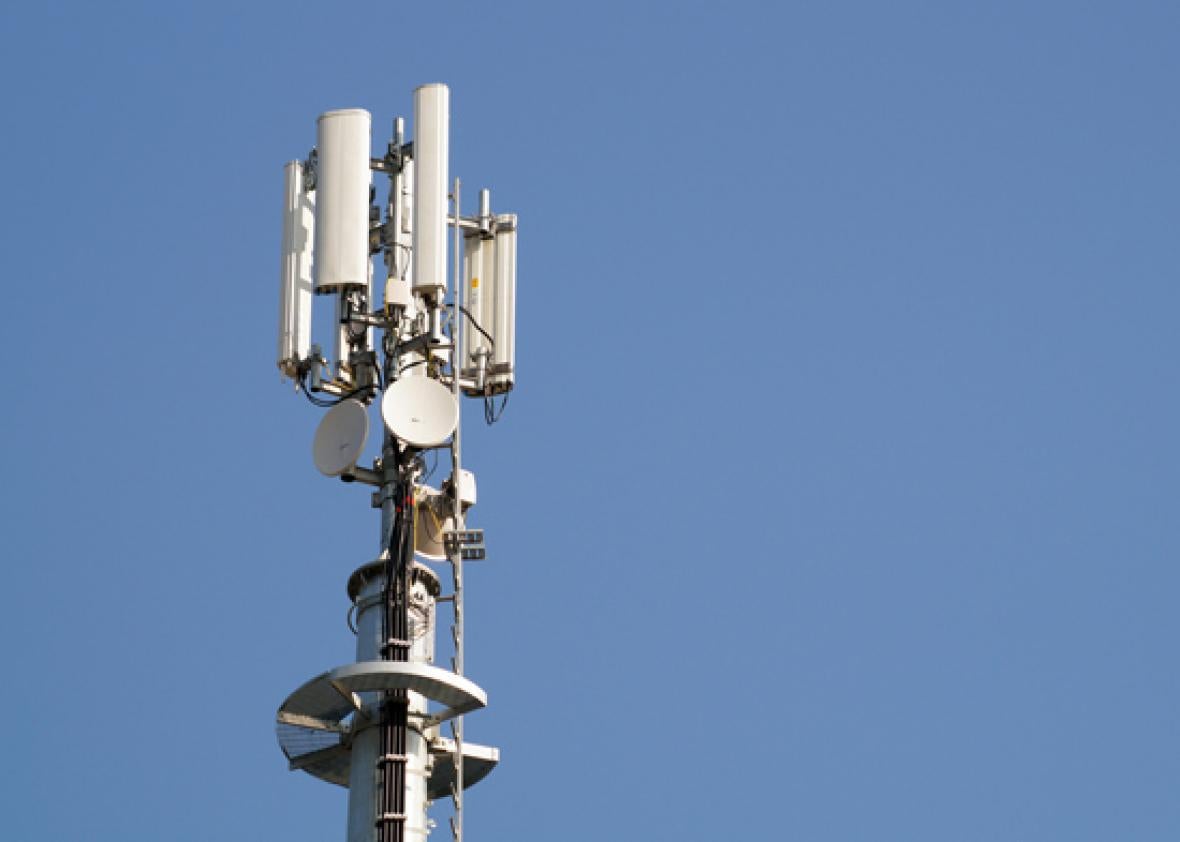On Thursday the U.S. Justice Department announced that its agencies and U.S. attorneys will need to get warrants before they can use cellphone surveillance devices like stingrays, aka IMSI catchers.
Stingrays are portable devices that masquerade as cell towers. They trick nearby cellphones into seamlessly connecting to them as if they are actual towers. Then they can surveil all the phone numbers, locations, and personal data that is passing over the network.
If it seems weird to you that such a rule about warrants didn’t already exist … yeah, you aren’t the only one. The old (lack of) policy was that offices like the FBI could just set up the spoof cell towers to track and otherwise monitor users without providing a justification. Now after agencies get a warrant, they will also have to delete all the data they collect after 30 days except the stuff they were actually looking for.
Reuters reports that deputy attorney general Sally Yates spoke Thursday about how stingrays aid law enforcement officials but added, “[W]e also recognize that the public has a real privacy interest and concern here. … We have attempted to strike the right balance.”
The Justice Department also noted in its announcement that the change affects what stingrays can actually be used for. “The policy makes clear that cell-site simulators may not be used to collect the contents of any communication in the course of criminal investigations. This means data contained on the phone itself, such as emails, texts, contact lists and images, may not be collected using this technology,” the department said in its announcement.
There will still be times when Justice Department agencies can skirt around the new policy, like “exigent circumstances,” and law enforcement at the state and local levels won’t have to abide by the rule unless they are working with a federal agency. Additionally, don’t forget that other offices like Homeland Security and the CIA aren’t part of the Justice Department.
Kate Klonick wrote on Slate in November:
It’s this dragnet aspect of Stingrays—that police can simply drive to neighborhoods and log calls, numbers, and locations—that has a terrifying effect on privacy. It’s easy to imagine the parade of horribles that could result from this type of continued used of Stingrays without warrants. …
Privacy advocates are happy about the decision, but many note that it would be better if it applied to local law enforcement as well. American Civil Liberties Union staff attorney Nathan Freed Wessler told the New York Times, “This is a strong step in the direction of protecting the constitutional rights of Americans.”
It’s certainly better than nothing.
